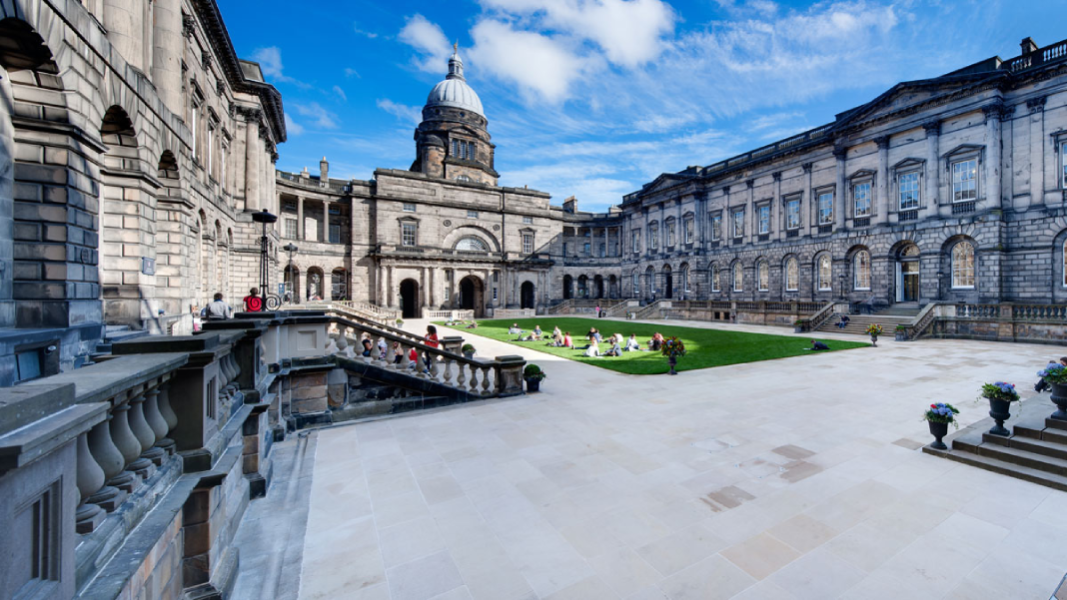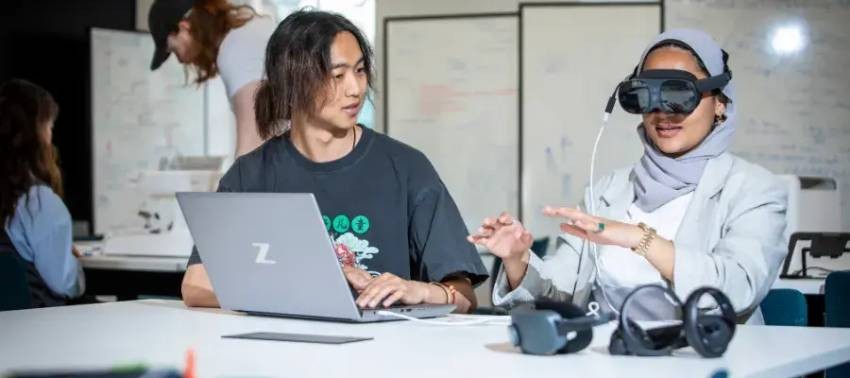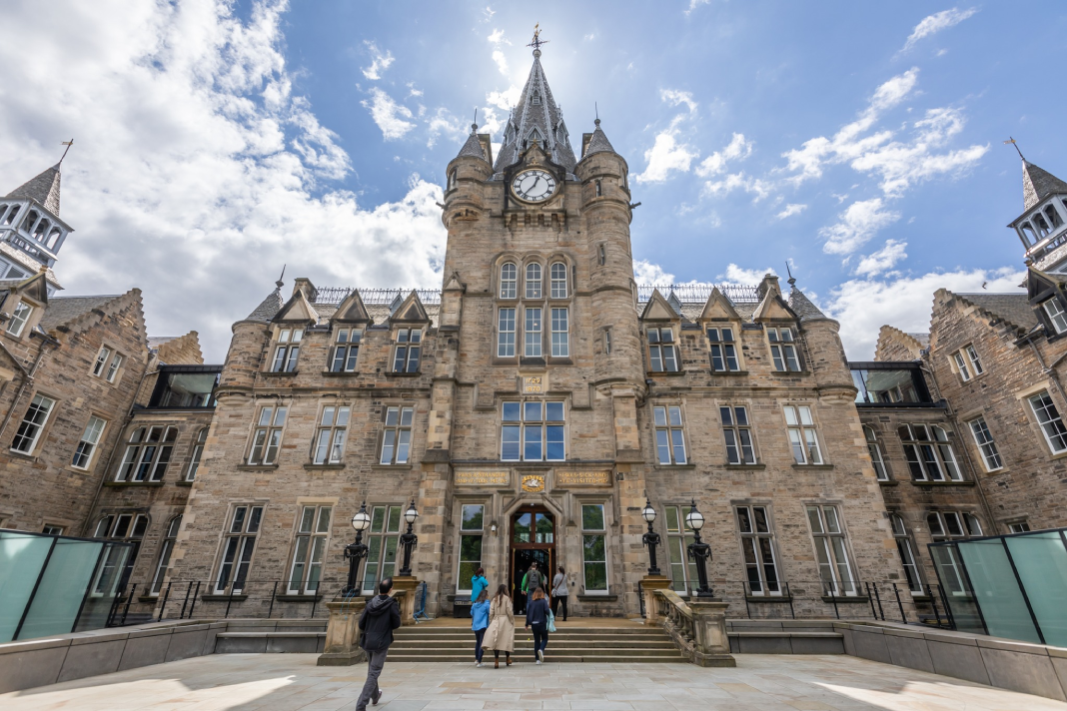The University of Edinburgh is the fourth largest in the UK, having opened its doors in 1583. For 57 years, His Highness Prince Philip was its rector, and since 2011, his daughter Princess Anne has held this role. For a decade now, Bulgaria's Denitsa Petrova has played an important role as a lecturer at this prestigious educational institution.



"I don't have any plans to translate it into Bulgarian yet, but I don't mind if it gets translated. It's the result of my work over the last 10 years, during which I've been working in a hybrid environment. It includes lots of examples from current and former students who talk about how they work in this new environment," says university lecturer Denitsa Petrova.
Read also:
Photos: Denitsa Petrova's private archive, Facebook/ The University of Edinburgh, ed.ac.uk
English publication: R. Petkova
The joy you see in the eyes of the people you have helped cannot be described in words, it must be experienced!" This was shared by Veneta Terzieva and Valentin Grigorov on Bulgaria's National Awakeners' Day. The two have been helping other Bulgarians in..
On October 24, the Honorary Consulate of Bulgaria in Norway was opened with an official ceremony and a festive concert in the Norwegian city of Stavanger. The first honorary consul is pianist Kiril Kutin, who has established himself as an authoritative..
There are more than 80,000 Bulgarians living in Moldova, with a concentration in the southern part of the country. Most are settled in the town of Taraclia and its surrounding region. One of the key institutions established by the Bulgarian community is..

+359 2 9336 661
